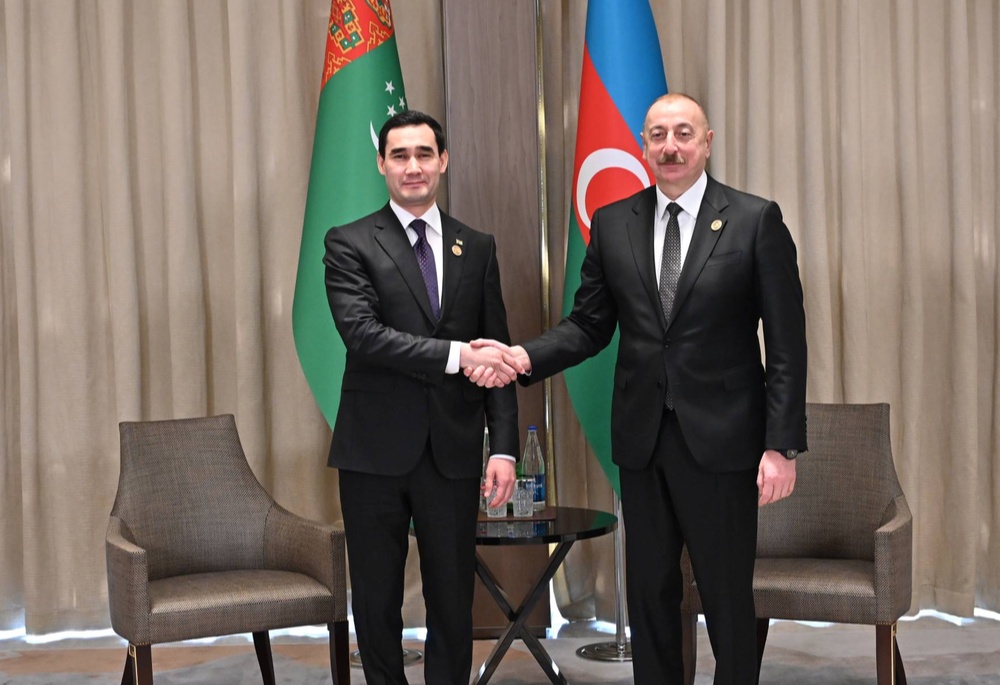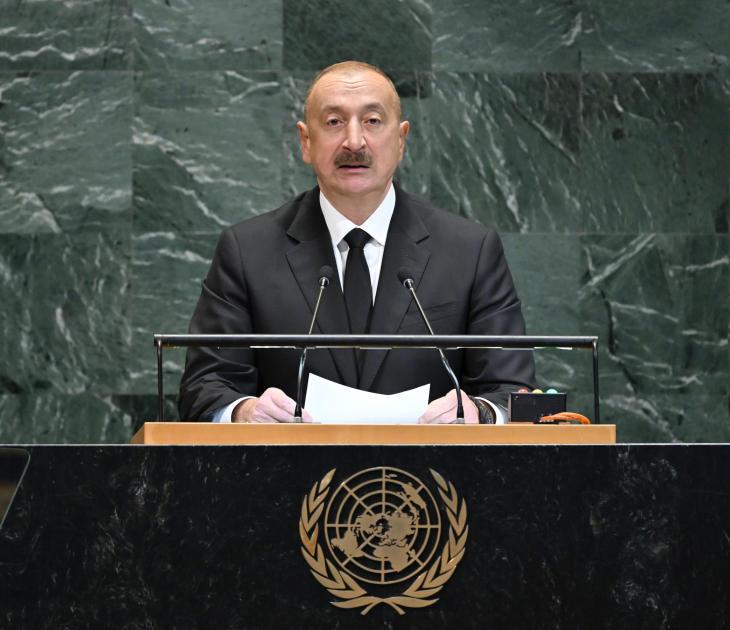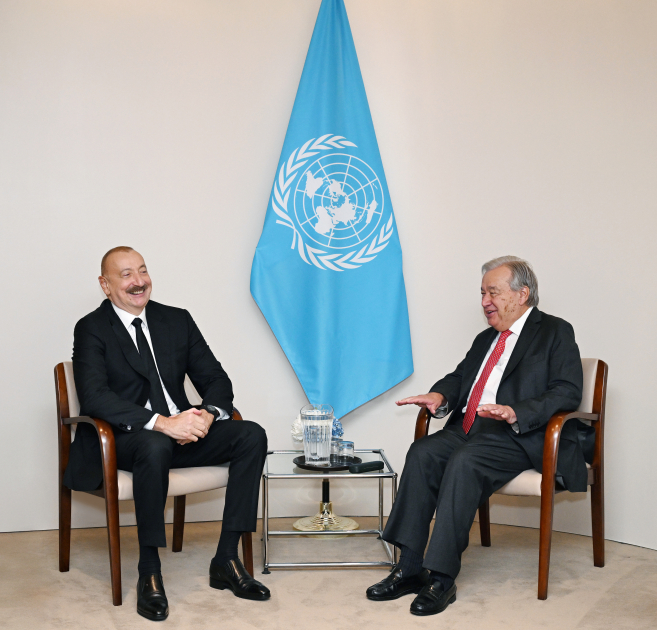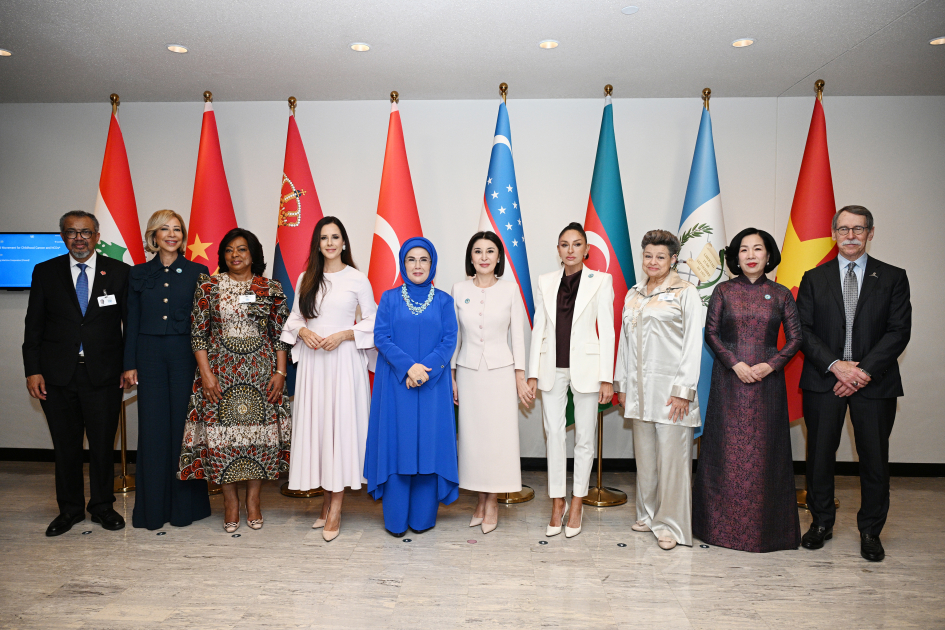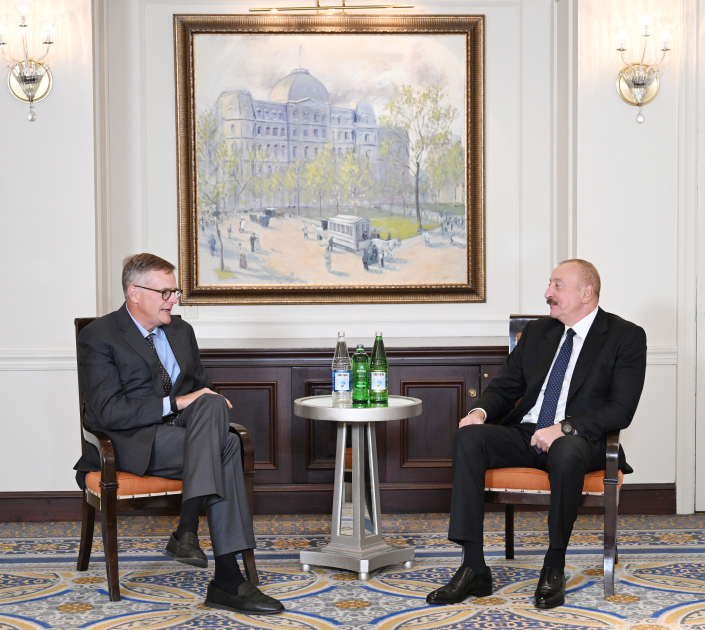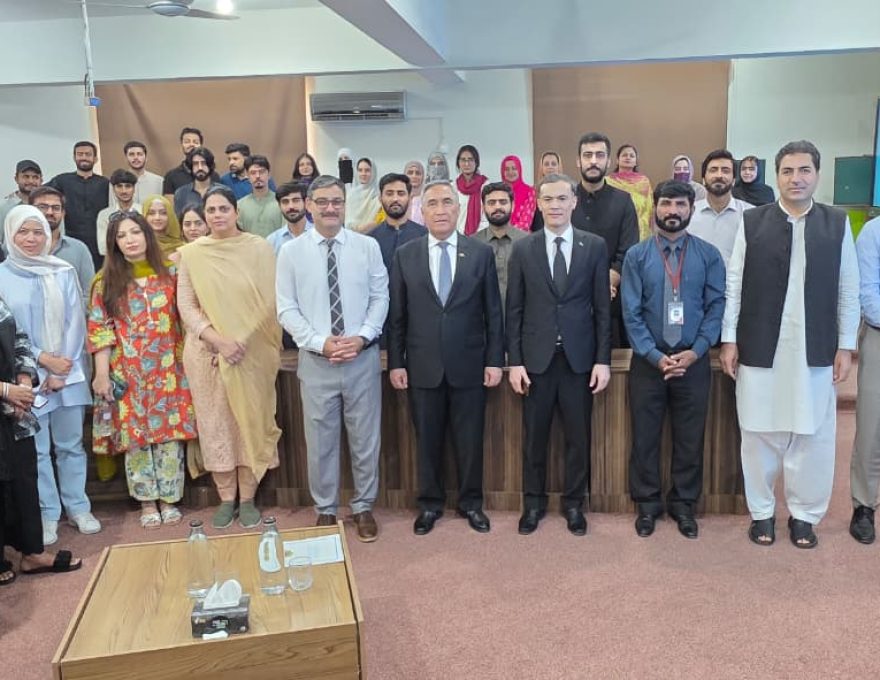Baku, September 05, 2025 – The Europe Today: Azerbaijan has dismissed recent remarks by the Ministry of Foreign Affairs of Russia concerning insurance payments related to the “Azerbaijan Airlines” (AZAL) plane catastrophe and its implications for Azerbaijan-Russia relations.
In a statement issued on Thursday, Foreign Ministry Spokesperson Aykhan Hajizada described the Russian MFA’s comments as “surprising and misleading.”
“The statement issued on 4 September by the Ministry of Foreign Affairs of the Russian Federation regarding insurance payments related to the AZAL aircraft crash, which resulted from a shootdown, is not only surprising but also misleading to the public,” Hajizada said.
He clarified that insurance settlements made by a Russian-registered insurance company to AZAL and its passengers, and Azerbaijan’s demand for compensation from the Russian government over the downing of the aircraft, are “entirely different matters.”
According to Hajizada, the insurance process was completed within the past six months in accordance with AZAL’s contractual obligations. “Considering that no international insurance company operates within Russia, the insurance of the AZAL aircraft was carried out through a Russian company. Therefore, attempts to equate insurance payments with the compensation demanded by Azerbaijan from the Russian Government are inappropriate,” he stressed.
Responding to another claim by the Russian MFA—that the arrest of 13 Russian citizens in Azerbaijan in July was the reason for deteriorating ties—Hajizada firmly rejected this narrative.
“It is known that the deterioration of Azerbaijan-Russia relations was caused exactly by the crash of the AZAL aircraft as a result of the shootdown and by the subsequent behavior of Russian officials,” he said.
The spokesperson further noted that ethnic persecution of Azerbaijanis in Russia, including the killing of an Azerbaijani in Yekaterinburg, has deepened tensions. “Moreover, the activities of various Russian state agencies against Azerbaijan are among the factors negatively affecting relations,” Hajizada concluded.

